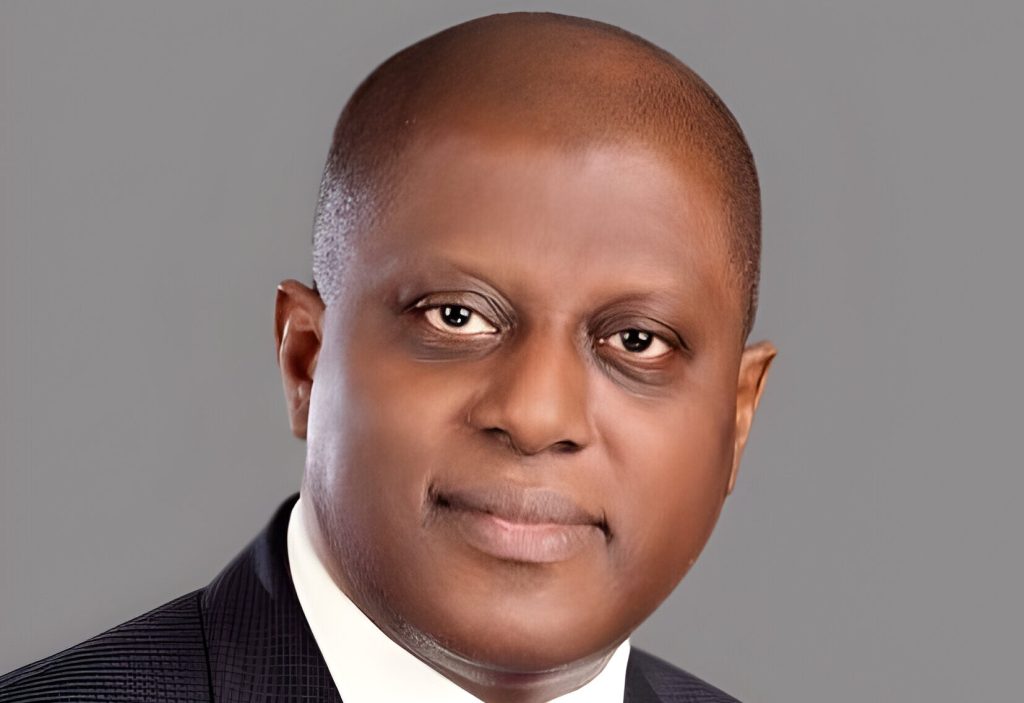
By Ogaga Ariemu
The Governor of the Central Bank of Nigeria, CBN, Olayemi Cardoso, has said Nigeria’s economy is currently suffering from the consequences of wasteful N27 trillion Ways and Means advance and N10 trillion intervention under the past government.
He alleged that the interventions led to rising inflation and interest rates.
Cardoso disclosed this on Thursday while speaking at a CEO Forum in Lagos.
He explained that the country’s high interest rate which stood at 26.25 percent in May is driven by increased money supply and subsequent inflation, which forces the Monetary Policy Committee (MPC) to maintain elevated rates.
He absolved himself from the decision taken by the MPC over tightening monetary policy measures.
According to him, Nigerians must understand that the surge in Ways and Means and intervention programs has consequences.
Cardoso further clarified that the MPC’s primary mandate is to reduce inflation, and its decisions are based on data trends rather than emotions.
“Interest rate is not set by the governor of the Central Bank. The interest rate is set by the members of the monetary policy committee.
“Thankfully, we have a monetary policy committee comprised of independent-minded people who are solely driven by data.
“The MPC has made it very clear that for them the major issue is taming inflation and has also made it very clear that they will do whatever is necessary to tame inflation.
“Sadly, we have a situation where a lot of money supply went into the system. We all saw ways and means soared to N27 trillion. We saw interventions of N10.5 trillion. It has its consequences. In large respect, that is what we are paying for now,” Cardoso said.
Recall that under the embattled former CBN Governor, Godwin Emefiele, Nigeria’s borrowing from the apex bank rose to N27 trillion.
On June 25, the Debt Management Office blamed the scrutinization of N4.90 trillion ways and means loan and foreign exchange differences for the surge in Nigeria’s debt by N24 trillion to N121 trillion at the end of the first quarter of 2024.









